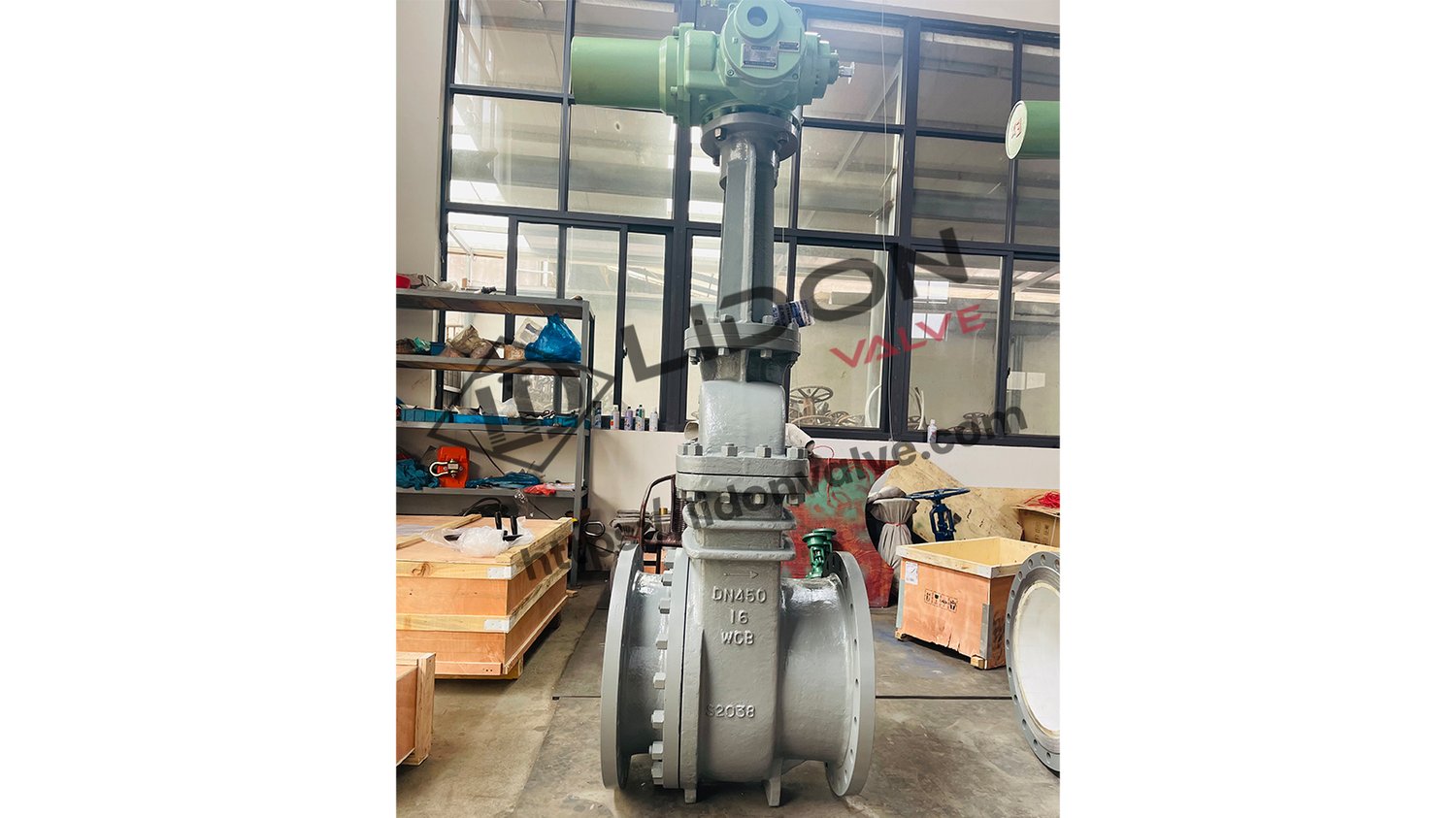Ensuring One-Way Flow: The Purpose of a Check Valve
A check valve is a mechanical device that is primarily used to control the flow of fluid or gas in a pipeline system. Also known as a non-return valve or a one-way valve, it allows the flow of fluid or gas in one direction while preventing backflow or reverse flow in the opposite direction. This article will delve into the various applications and benefits of check valves in different industries.
1. Preventing Backflow in Plumbing Systems of a Check Valve
In plumbing systems, check valves play a crucial role in preventing backflow. Backflow occurs when the flow of wastewater or sewage reverses and contaminates the clean water supply. By installing a check valve in the plumbing system, the backflow of contaminated water can be effectively blocked, ensuring the safety of the water supply.
2. Maintaining Pump Efficiency in Water Treatment Plants
Water treatment plants often rely on pumps to transport water from one stage of the treatment process to another. Check valves are used in these systems to maintain pump efficiency by preventing water from flowing back into the pump once it has been discharged. This ensures that the pump only needs to work against the resistance of the system, reducing the risk of damage and energy wastage.
3. Protecting Compressors in Gas and Oil Industries
In gas and oil industries, check valves are commonly found in compressor systems. These valves prevent the reverse flow of gas or oil, protecting the compressors from potential damage. By ensuring the flow of gas or oil in a single direction, check valves contribute to the overall efficiency and reliability of the compressor systems.
4. Regulating Flow in HVAC Systems of a Check Valve
HVAC (Heating, Ventilation, and Air Conditioning) systems require precise control of airflow. Check valves are used in these systems to regulate the flow of air or refrigerant in the appropriate direction. By preventing the reverse flow of air, check valves help maintain the efficiency and proper functioning of HVAC systems.
5. Preventing Flood Damage in Sump Pump Systems
Sump pump systems are commonly used to remove excess water from basements or low-lying areas prone to flooding. Check valves are incorporated into these systems to prevent the backflow of water once it has been pumped out. This ensures that the system remains primed and ready to pump out any incoming water, preventing flood damage.
6. Controlling Flow in Hydraulic Systems of a Check Valve
In hydraulic systems, check valves are essential for controlling the flow of fluid. These valves allow fluid to flow in one direction, providing the necessary pressure and preventing flow in the opposite direction. This is crucial for maintaining the stability and efficiency of hydraulic machinery.
7. Ensuring Safety in Gas Distribution Networks
Gas distribution networks rely on check valves to ensure the safety of the system. These valves prevent the backflow of gas, which could potentially lead to leaks or explosions. By maintaining the one-way flow of gas, check valves help safeguard the integrity of gas distribution networks.
8. Protecting Pumps in Irrigation Systems of a Check Valve
Irrigation systems use pumps to deliver water to crops or landscapes. Check valves are used in these systems to protect the pumps from damage caused by water hammer. Water hammer occurs when the flow of water is suddenly stopped or reversed, creating a shockwave that can damage the pump. Check valves prevent water hammer by allowing the flow of water in one direction only.
9. Maintaining Flow in Fire Sprinkler Systems
Fire sprinkler systems rely on check valves to maintain the flow of water in emergency situations. These valves ensure that water flows through the sprinkler system and extinguishes the fire, while preventing any backflow that could compromise the system's effectiveness. Check valves are a critical component in fire safety systems.
10. Enhancing Efficiency in Power Generation Plants
Power generation plants, such as nuclear or thermal power plants, utilize check valves in various applications. These valves help maintain the efficiency of the plant by allowing the flow of steam or coolant in one direction while preventing backflow. Check valves also play a vital role in ensuring the safety and reliability of power generation systems.

